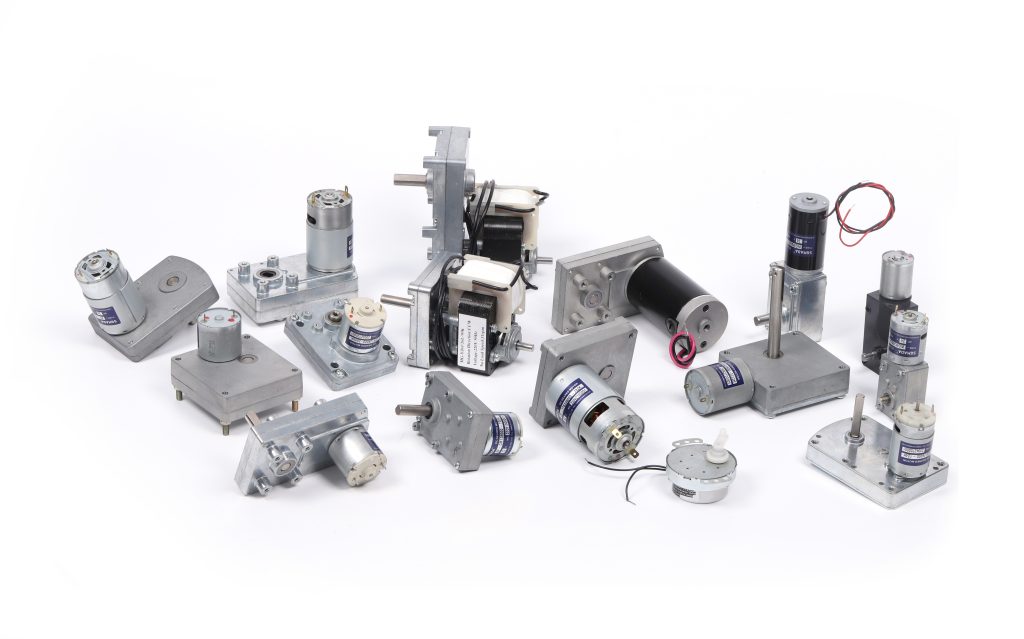Mobile:+86-311-808-126-83
Email:info@ydcastings.com
Design and Functionality of Motorized Impellers in Fluid Dynamics Applications
The Evolution and Importance of Motorized Impellers
Motorized impellers are pivotal components in various industries, primarily focused on enhancing fluid dynamics. They are integral to devices ranging from aquaculture systems to wastewater treatment plants, serving to optimize mixing, aeration, and pumping processes. The evolution of these devices reflects significant advancements in engineering and technology, ultimately improving efficiency and sustainability.
Historically, impellers, which are rotating blades or disks, have been utilized for centuries, primarily in traditional water pumps and windmills. However, with the advent of electric motors and variable-speed drives in the 20th century, the concept of the motorized impeller emerged, significantly expanding the capabilities of fluid management systems. These systems could now efficiently handle larger volumes of liquid and adapt more dynamically to changing conditions.
One of the most notable applications of motorized impellers is in the field of aquaculture, where they play a crucial role in oxygenating water and ensuring uniform distribution of nutrients. By creating a turbulent mixing environment, motorized impellers help to maintain optimal living conditions for aquatic organisms. This not only boosts the health and growth rates of fish and shellfish but also contributes to higher yields for aquaculture operations.
motorized impeller

In the wastewater treatment sector, motorized impellers are indispensable for aeration processes
. They facilitate the mixing of water and air, promoting the growth of beneficial bacteria that break down organic waste. The efficiency of these impellers can significantly reduce energy consumption and operating costs, thus supporting the increasing demand for sustainable waste management solutions. By incorporating advanced technologies like adjustable speed drives, operators can optimize energy use in real-time, further enhancing the system’s effectiveness.Moreover, advancements in materials science have led to the development of impellers that resist corrosion and wear, significantly extending their lifespan. Innovations such as high-strength polymer composites and specialized coatings have transformed their performance in harsh environments, reducing maintenance costs and downtime. As industries increasingly focus on reducing their environmental footprint, these durable motorized impellers represent a sustainable solution.
In recent years, digitalization and smart technologies have begun to influence the design and operation of motorized impellers. The Internet of Things (IoT) offers opportunities for real-time monitoring and data analysis, allowing operators to predict maintenance needs and optimize performance proactively. These developments align with broader trends toward automation and efficiency in industrial operations, ensuring that motorized impellers remain at the forefront of fluid management technology.
In conclusion, motorized impellers are essential in modern fluid management systems, driven by a historical evolution that mirrors advancements in engineering and sustainable practices. Their applications span critical industries such as aquaculture and wastewater treatment, demonstrating their importance in enhancing productivity and environmental stewardship. As technology continues to evolve, motorized impellers will no doubt adapt, incorporating innovative materials and smart technologies to meet the ever-growing demands of various sectors. With their ability to improve efficiency and reduce costs, motorized impellers will remain a cornerstone of effective fluid dynamics management for years to come.
-
Why Should You Invest in Superior Pump Castings for Your Equipment?NewsJun.09,2025
-
Unlock Performance Potential with Stainless Impellers and Aluminum End CapsNewsJun.09,2025
-
Revolutionize Your Machinery with Superior Cast Iron and Aluminum ComponentsNewsJun.09,2025
-
Revolutionize Fluid Dynamics with Premium Pump ComponentsNewsJun.09,2025
-
Optimizing Industrial Systems with Essential Valve ComponentsNewsJun.09,2025
-
Elevate Grid Efficiency with High-Precision Power CastingsNewsJun.09,2025











